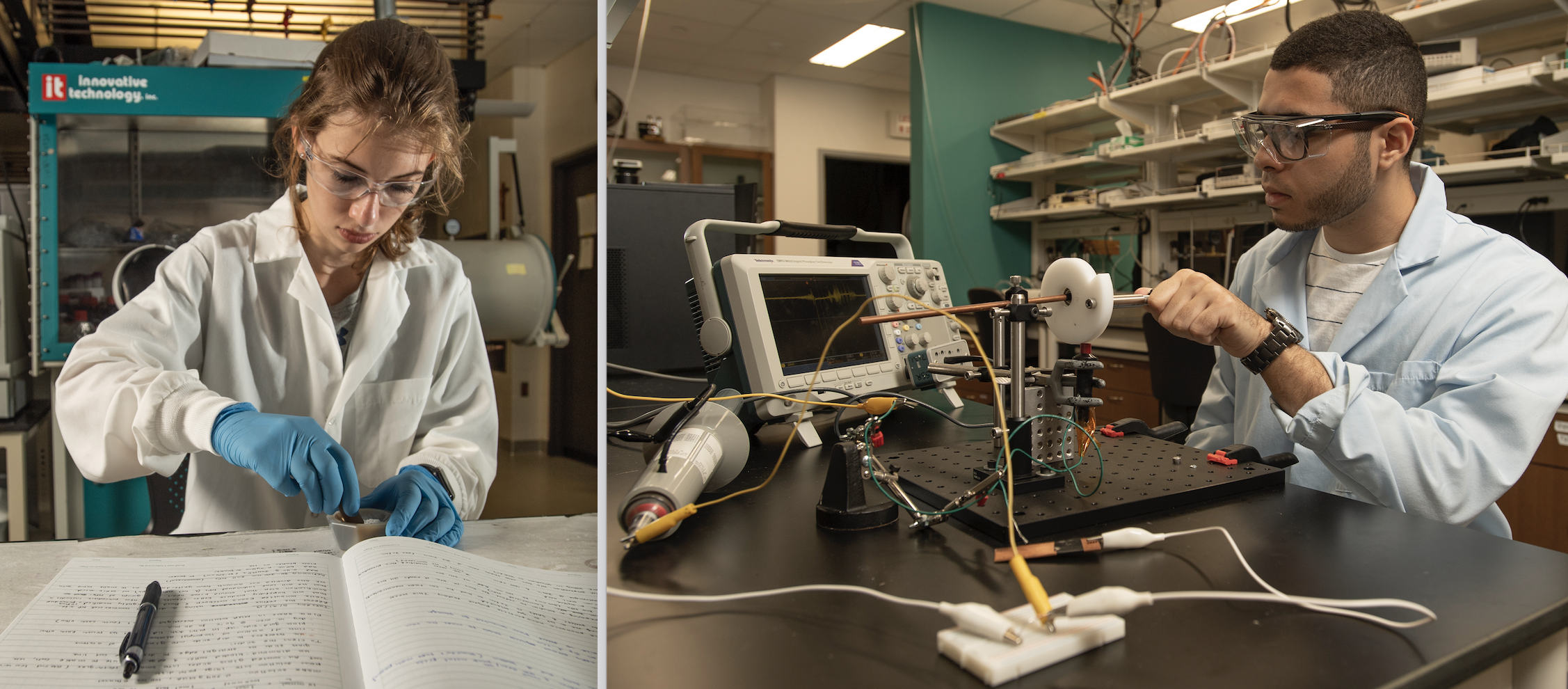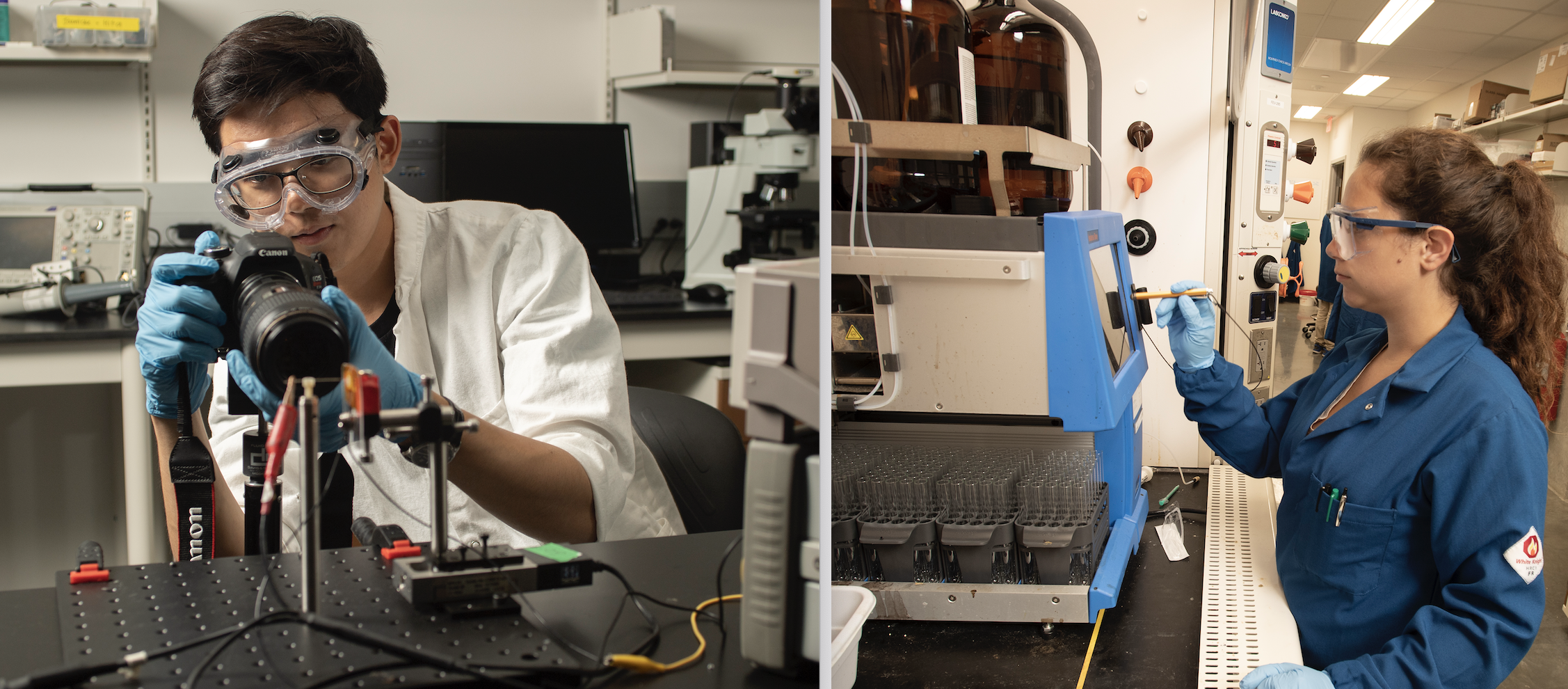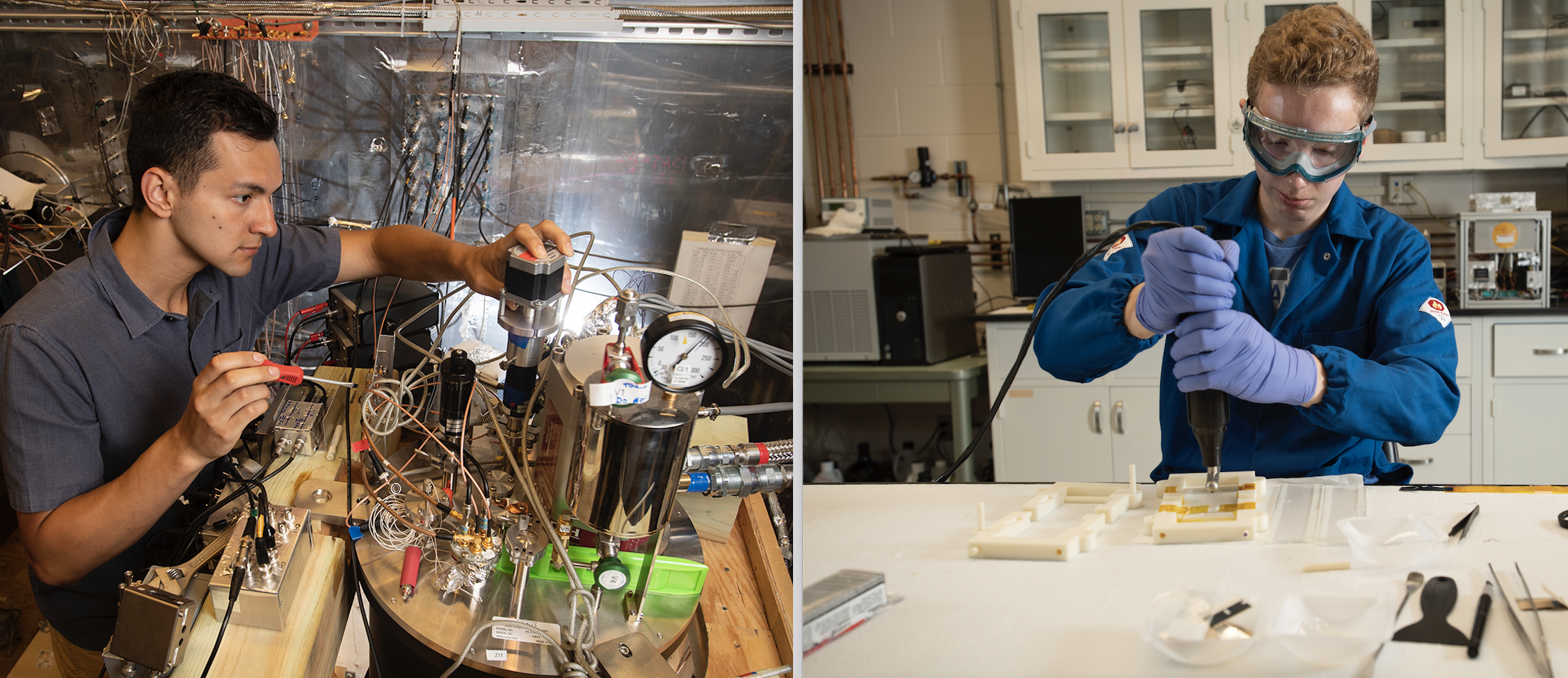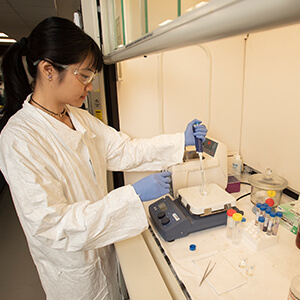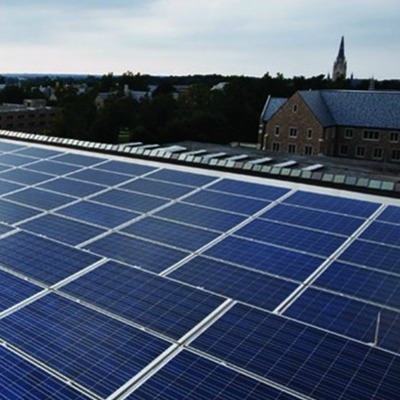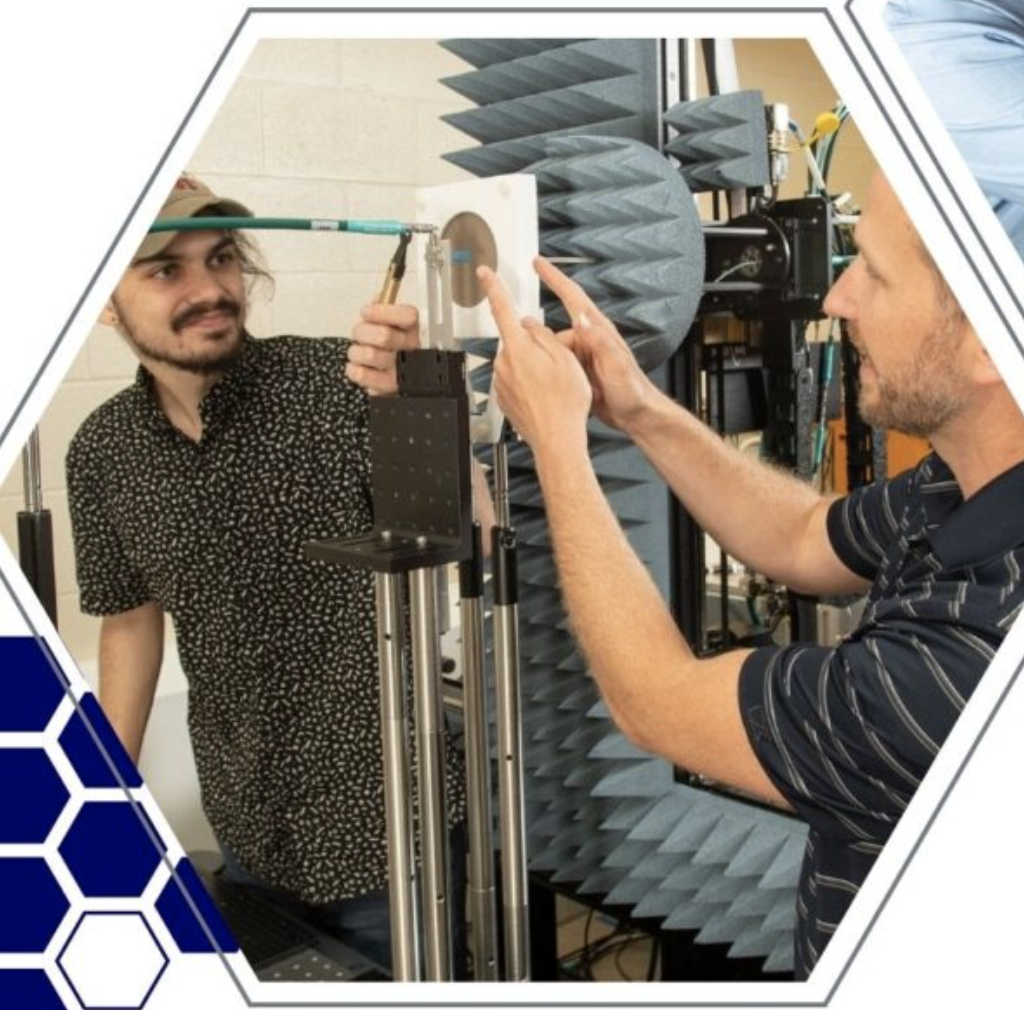
Dr. Robert Landers
Aerospace and Mechanical Engineering
Project: Manufacturing Process Automation
The Landers Research Group specializes in the development and implementation of systems and algorithms for the automation and control of novel advanced manufacturing processes. Currently, the group is investigating digital metal forming, digital glass forming, and laser powder bed fusion of metals. These unique systems have open control systems to facilitate real time control and the integration of process sensors and control algorithms. Students will have the opportunity to investigate a variety of topics depending on their skills and interests. Potential projects include 1) calibrating an advanced process sensor, integrating it into a control system, and using it to monitor part quality, 2) using data driven approaches to adaptively model a process, 3) developing algorithms to monitor the process and determine defects, 4) creating algorithms to automatically adjust process parameters to regulate operation productivity and part quality, etc. Each research project consists of a combination of physical prototyping, sensor integration, real-time programming, modeling, control algorithm development, etc. Undergraduate research projects can be tailored to be broad and cover many of these areas for one process, or the projects can be narrowly focused on an in-depth topic in one of these areas, which can be applied over a variety of processes.
- Project work includes: 1) design and conduct manufacturing experiments, 2) analyze measurements using statistical and simulation techniques, 3) program real-time data acquisition and control systems, etc.
- Landers Research Group
- rlanders@nd.edu

Dr. Edgar Bolívar-Nieto
Aerospace and Mechanical Engineering
Project: Wearable Robotics
The majority of lower-limb prostheses are mechanically passive — they can dissipate and store mechanical power through springs and dampers but cannot generate positive net power. The lack of power fundamentally limits movements that require mechanical energy to move against gravity (e.g., going upstairs or transitioning from sitting to standing); may induce uneven loads in the body, which can increase the likelihood of chronic back pain; and increase the metabolic cost of walking, which may lead to less physical activity after amputation. Mechanically active prostheses have the potential to overcome these fundamental challenges. However, commercially available powered prostheses are heavier, noisier, more expensive, and generally less accessible and attractive than unpowered versions. The overall goal of this project is to reimagine existing rigid prosthetic components (e.g., pylons, cases) as compliant mechanisms that reduce mass, energy consumption, audible noise, and part count of the powered prostheses. Our biological muscles take advantage of the elasticity of tendons (in series with the muscle) and ligaments (in parallel with the muscle) to efficiently transfer mechanical power from the muscle to our joints. This project will provide a fundamental understanding of how to engineer elastic components in parallel with electric motors (engineered ligaments) to make powered prostheses more attractive and accessible.
- Project work includes:
Mechanical Design and Manufacturing of Compliant Mechanisms
MATLAB Programming
- WeRoLab
- ebolivar@nd.edu

Dr. Collin McMillan
Computer Science and Engineering
Project: AI-based Search and Dialogue Systems
We will design and build novel search and dialogue systems using retrieval-based augmented (RAG) languge models, fine-tuned language models, and similar technologies. An example search problem is finding relevant source code in a large repository.
- Project work includes:
training and deploying custom language models, using commercial models via APIs, building web and console interfaces, building relevant middleware, preparing relevant datasets
- McMillan Lab
- cmcmill2@nd.edu
